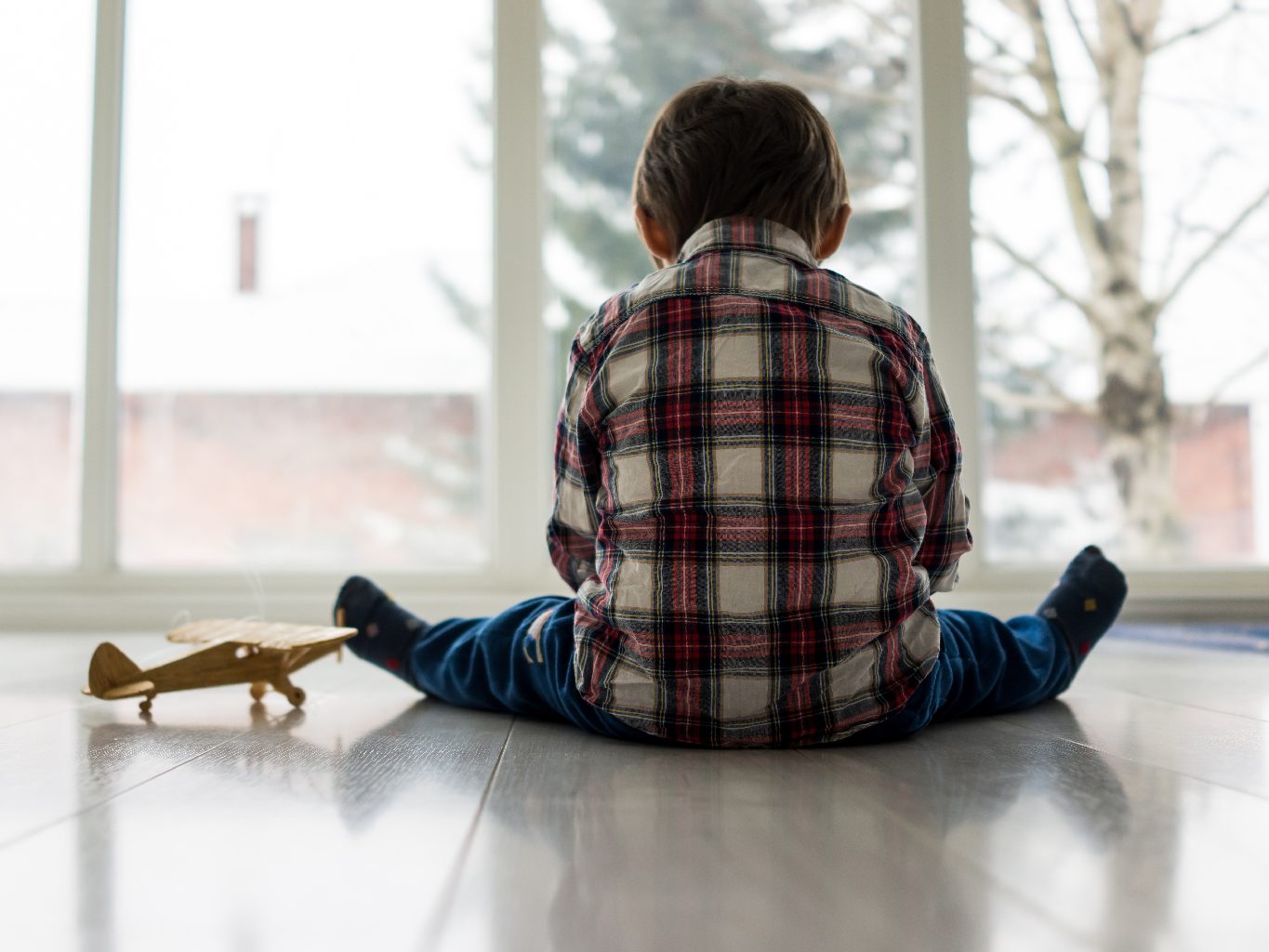Finally, you and your good friend have the opportunity to sit down and catch up over a cup of tea. In a few minutes, you you hear some serious profanity from a child in the other room. You and your friend exchange “that look,” put down your mugs, take a deep breath and go to investigate.
When you spot misbehavior from a friend’s child
As you enter the living room you see that your child is sitting with his arms crossed, and a pouting face, so you ask, “What’s going on?” Your son starts to explain: “Todd won’t share and keeps on cheating. It’s not fair, I don’t want to play with him any more!” That prompts a very upset Todd to throw the controller down while using some very choice words to defend his position.
Once again you and your friend exchange a look and this time take several deep breaths. You wait for your friend to take the lead. The language you heard coming from her child is something you would only hear in a rated R movie. To your surprise, she tells them to play nicely and then returns to the kitchen.
When good friends have vastly different parenting styles
If you have ever spent extended time with a friend and their family, you will soon notice that all children misbehave at one time or another, which may lead you to think “Thankfully its not just my children who drive me crazy at times!”. Your friendship involves many things including sharing clothing, laughter and advice, but as you spend increasing time together it may reveal some very big differences in your approach to parenting. So, when trouble is brewing, are you more likely to bite your tongue or do you take over and become the main disciplinary with your friend’s children and will either of these methods ruin your friendship?
When you are spending time together and there appears to be a problem, pause for a moment. You may want to begin by asking yourself if adult involvement is actually necessary? Sometimes when we ignore a situation it will be corrected on its own. But what if it doesn’t? Or what if your friend’s child is in your home — with or without them? Then what should you do?
Guidelines for disciplining other children
Here are some guidelines to consider when deciding to discipline your friend’s kids without offending anyone:
- How close is your relationship? Have you been friends for such a long time that you feel like you are related? If you and your friend have a very strong bond then it may be okay to reiterate behavior expectations and implement logical consequences, especially if your friend has been vocal with your own children. For example, your friend’s child has brought a toy to your house but won’t share it. Explain to them that if they feel the toy is too precious to share, then they should keep it in their bag until they are home.
- Is the behavior more your issue? Meaning, we tend to find some behaviors annoying, but that doesn’t mean they are necessarily a true concern. If it is a small problem (e.g., no one is hurt, occurred only one time, and related perhaps to manners) then restrain yourself, and simply ignore it. Remember, your friend may have a different set of expectations about manners and acceptable behaviors, perhaps based on cultural values. If you still feel uncomfortable that your child witnessed that behavior, you can always have a conversation in private at a later time about what is appropriate in in your family.
- If the behavior is dangerous and intruding on your own child’s safety, then it is definitely okay to intervene. You always want to tread lightly and remain calm. Sometimes your presence is enough to stop the behavior.
- Be careful of the “My house, my rules” mindset. Though a behavior is occurring in your house, it is always wise to focus on reiterating the rules versus handing out punishment (e.g., time-out). If the problematic behavior still occurs, then consider calling your friend to ask for help. Explain the situation, why it is a problem and what you would like to happen. When you are up-front about the problem, you are more likely to get your friend on your side to help.
- Get the kids involved. Have the children come up with a code of conduct and possible consequences in advance. If a behavior of concern does occur, don’t embarrass the child in front of their friends. It is better to address a child as part of a group (e.g., “It looks like we are forgetting the rules today”) or ask to speak with the child privately.
- If your child is also a key player in the situation, then focus on them. Your modeling of discipline may prompt your friend to respond differently.
- Don’t be afraid to speak with your friend directly. A close friendship should include asking and offering help. By asking them if they would like you to help then you are sending a subtle message that you find the behavior unacceptable and that it needs to be dealt with immediately.
- Focus on rewards. When you discuss the rules with children and reward them for following those rules, you are setting them up for success which means you are less likely having to correct their behavior later.
Great friends are hard to come by, so in the end only you can make that decision to know whether discipling your friend’s child will cause friction in your relationship. We all have very different parenting styles and beliefs about how to raise children, so if your friendship means a lot to you, focus on your own children and what you truly love about your friend.
Have you ever had to use discipline with someone else’s child?
References
- Hal Runkel, author of Scream Free Parenting: The Revolutionary Approach to Raising Your Kids by Keeping Your Cool.
- Michele Borba, EdD, author of No More Misbehavin’: 38 Difficult Behaviors and How to Stop Them.
- Peggy Post, coauthor of Emily Post’s, The Gift of Good Manners: A Parent’s Guide to Raising Respectful, Kind, Considerate Children.
Thank you to Francine McLeod (BSW, RSW, CPC) for collaborating with Janet Arnold (Savvy Sassy Moms) on this article. Read more from Arnold and McLeod in How to Explain a Diagnosis to a Child




